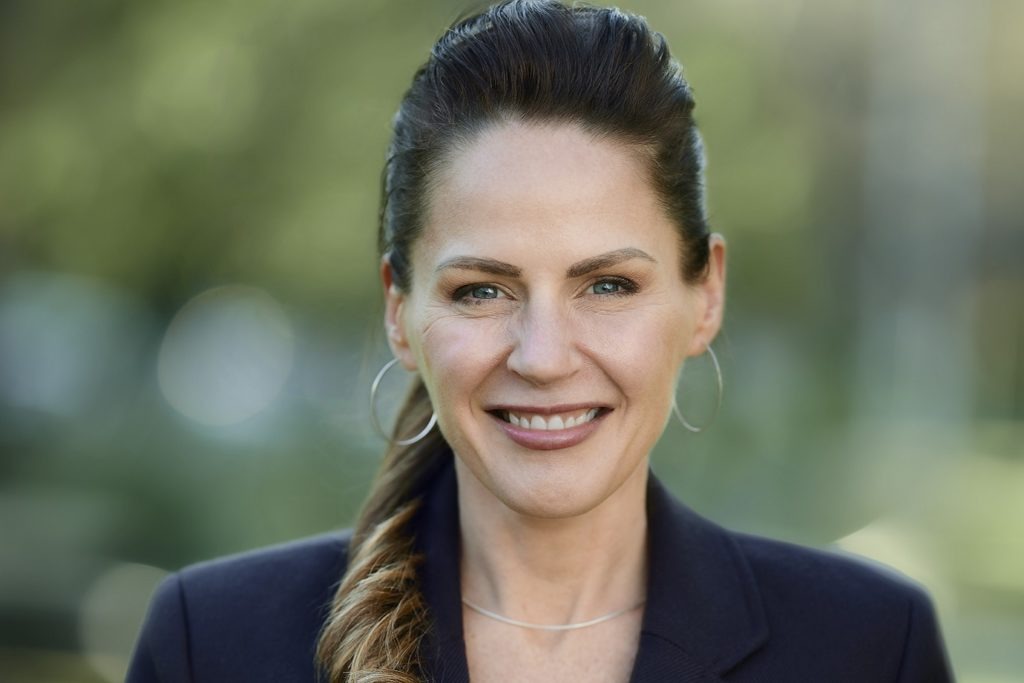It’s every mum’s nightmare. In the middle of winter in 2017, I couldn’t put a roof over my children’s heads.
My marriage had broken down, so I moved with my two young children into a rental. After a few months, the landlord evicted us to renovate, and I began the hunt for another place.
I went to inspections, along with twenty couples without kids, and handed in application after application. A self-employed, single mum who was the sole breadwinner for her kids. The sum of my parts made me an unsafe bet. I didn’t get a single call back.
I put a note on Facebook, a desperate call for help. Did anyone know of anything? Anywhere I could bring my kids this weekend?
A friend of a friend reached out. Her mum had a bungalow out the back of her house in the Dandenong Ranges. We moved that day and lived among her mum’s belongings for three months. Without a letterbox, I missed bills. Without an internet connection I lost job opportunities.
Autumn turned to winter and the bungalow was cold. I sang my children to sleep each night, but I began having panic attacks myself as I ran out of savings and had to borrow money from family.
I remember when my daughter Mieka, then six, started calling me the “unlucky mummy”. My kids fell so far behind at school, and are only now catching up.
A moment’s crisis can derail lives forever. I realised the face of hardship has changed in this country. It looked like me. I was doing all the right things to put a roof over my children’s heads and it wasn’t enough.
Thankfully in September that year I finally found a place of our own. But the experience has shown me that it takes good policy to take good care of people, yet we continue to see our politicians building in the kind of poverty that has lifelong health, social, economic consequences.
I believe that we can do better as a community.
We’re seeing house prices and rents continue to explode. Inflation has skyrocketed, putting pressure on family budgets. Wages have flatlined.
Sadly, my story is not unique. Nor is my experience anywhere near the worst. Millions of people in this country are experiencing homelessness or have insecure housing, and older women are the fastest growing cohort of people experiencing homelessness. A staggering 405,000 women in my age bracket are at risk of homelessness today.
This month we saw the first interest rates rise of several to come, putting more pressure on the household budgets. Forty per cent of households are already experiencing housing stress. That’s both renters and mortgage holders.
The truth is, our housing system is broken.
I’m putting my hand up to become a politician because I believe when something is broken and people are suffering, you work to fix it.
Sadly, instead of offering bold solutions to this crisis, the major parties are only tinkering around the edges. Neither Labor nor the Liberals view housing as a need or a human right – they just see it as an investment vehicle for the wealthy.
Tax “incentives” make it easier and easier for investors to buy their third, fourth, fifth, tenth, twentieth property, while first-home buyers struggle for on average ten years to save up for a deposit, only to get outbid at auctions by investors with deeper pockets.
I’m standing as a Greens candidate because this is the only party with visionary policies that put people first.
Our plan is to build one million homes over the next 20 years to give kids like mine forever homes. We’ll stop the $63 billion in handouts given to wealthy property moguls, and limit negative gearing to one property only.
And we’ll make life easier on mums. Free childcare, get dental and mental health into Medicare, and lift people on income support out of poverty by raising payments like the Age Pension and Disability Pension to $88 a day.
You have a choice this election. Vote for the out of touch old parties and their old ideas, or vote for someone like me – a progressive and compassionate voice for our community, with lived experiences.
Rather than become a country that treats housing just as an investment that deepens inequality, we can give families like mine a place to call home.


